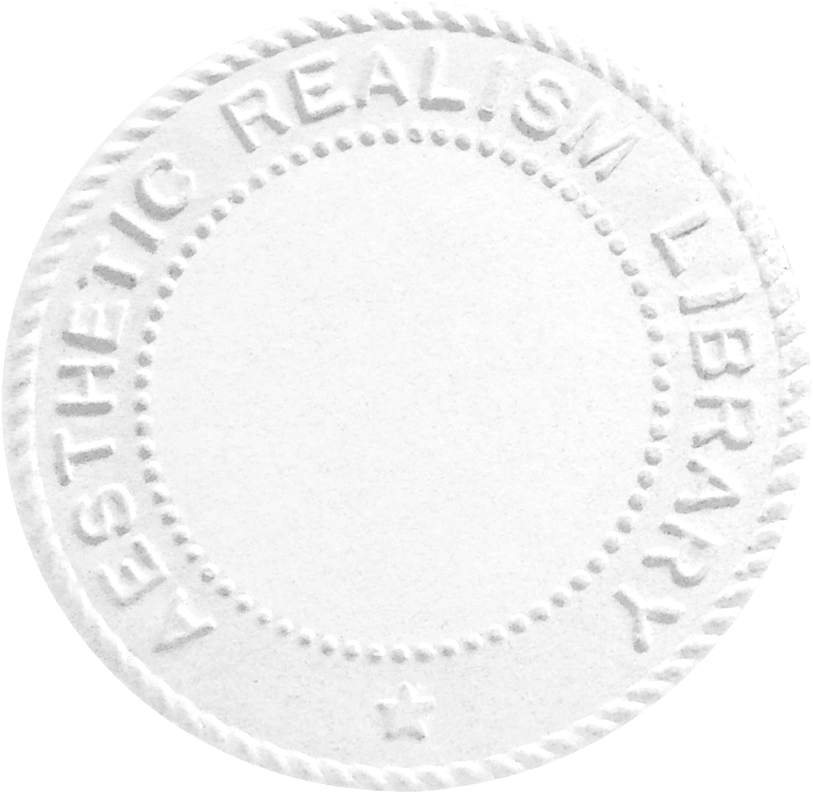Translations by Eli Siegel
Duval Is on the Run: The People Are on the March, By José Maria Quiroga Pla
Duval sputters at the radio.
(He is to be Jailer-in-Chief when Spain becomes the Jail hoped for by the Fascist.)
Duval is talking to his audience of thugs:
“When this war is ended, there will be no prisoners, no wounded, and no stones
To tell anything about it.”
Duval had thought of everything but the people of Spain!
The people waited for him at Navalperal.
The red flower of Spanish blood waited for him at Navalperal.
Twice the militia of Mangada, our General,
Defeated him; twice set him on the run.
As he runs, he leaves his dead, and his implements of war.
As he runs, he swears filthily: he has learned how in the barracks of his officers.
He runs as best he can till he is behind the walls of Ávila.
There his windy braggings are made fun of by the Fascists of Navarra.
Duval disbands his column—it was cut to pieces, anyway.
He tilts his triangular hat
And flees on to Valladolid.
He is greeted by an everlasting funeral-chant of clerical guffaws,
Sung to him by the priests of the people—
Priests who went to the fields
And armed in behalf of Spain—
Priests who with crucifixes
Fought their way to the open!
And now the sons of those who are prosperous by the lives of others—
Even these timid, sniping, little souls—
Laugh at Duval, slyly, now that he has taken to his heels.
Where can he go? where can the truth be avoided?
For the stones of the Sierras,
And the rivers, heavy in their flowing
With the spent blood of our youth;
And the Spaniards of mountain and crag,
With clenched fists, raised toward the sky—
Are as one in a cry
For a democratic, republican Spain
Born from the depths of our people’s being—
And for which now, to give it life, and to save it,
Profusely the people is pouring its blood.
Freedom is comrade to our democracy.
Freedom has taken the form of our militia.
Freedom’s arm is raised high.
It carries the proletarian flag.
Sons of the people, let us, as one,
Run after the heels of our would-be jailers.
Let us understand, that, without freedom,
Life isn’t worth a spinning cent.
Today we are nothing but—the people of Spain!
There are guns in our hands.
With these we shall hunt
The beasts who oppose us!
From Hail, American Development (Definition Press)
© 1968 by Eli Siegel



Eli Siegel’s note to the poem:
Duval Is on the Run: The People Are on the March, By José Maria Quiroga Pla. 1937. Some poems were written by persons in Spain, as, in 1936, Francisco Franco and his fascist associates and assistants were doing all they could to destroy the rather democratic government of Spain.—It is well known that a good cause may not make for so good a poem; but the lines of José Maria Quiroga Pla about a discomfited fascist general, have satire, largeness of feeling, earthiness, space, motion in a manner distinctive of poetry. The music of kind and powerful victory is in the poem. When the people wait for General Duval—”The people waited for him at Navalperal”—a place name mingles with an emotion in a manner that is grand and tingling. We feel that when the poem says: “The red flower of Spanish blood”—it is that. And the retreating general, in the sanctity of personal and governmental reaction, is put in motion with auditory and visible impact. The democratic feeling of Spain—apparently there now—is presented strongly, but without “proletarian” truculence and lack of aesthetic substance. When we are told of “the stones of the Sierras and the rivers, heavy in their flowing,” while we are in the midst of the ordinary man’s courageous anger, we are with the verbal might, too, of Chevy Chase, Burns, and the Byron of certain stanzas of Childe Harold. We are also with melodious and forceful lines of the Spanish cancionero of centuries ago. Yes, poetry is here, and it is functioning against Francisco Franco, and can still. The poetry of Spain is always waiting to be used again. (Appeared in And Spain Sings: Fifty Loyalist Ballads Adapted by American Poets. Edited by M. J. Benardete and Rolfe Humphries. New York: The Vanguard Press, 1937.)